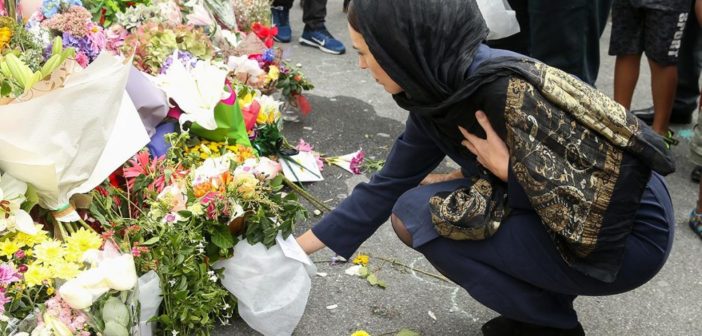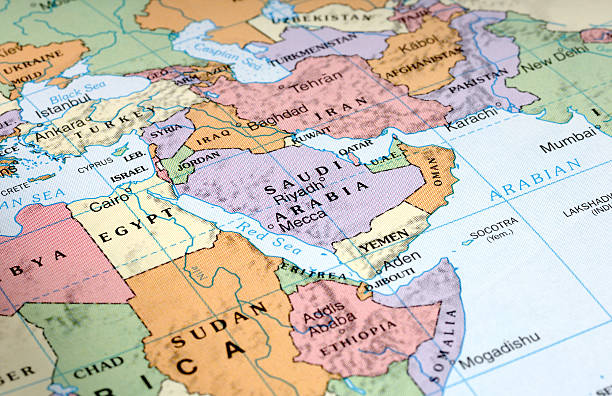
The Christchurch massacre was a horrendous crime. It was a ghastly, dastardly act of terrorism. The innocent people who lost their lives there ranged in age from 3 to 71. The enormity of the crime shocked the people of New Zealand and Muslims around the world. It shocked the world. It was a tragedy and its handling a huge challenge for the government of New Zealand.
What I also found very sad was this tragedy instantly becoming a municipal election campaign topic in Turkey. Yes, terrorism, racism, Islamophobia, antisemitism, right-wing nationalism, Islamist extremism are the world’s evils. However, ways of eliminating them can only be found, if ever, through collectively displaying the courage to face the realities, condemning not only specific acts of terror but also confronting the underlying ideology, international dialogue and cooperation. And, those remedies assign particular responsibilities to different groups of nations. Fighting Islamist extremism and Islamic State’s ideology is primarily the responsibility of Islamic countries whereas right-wing nationalism and ethno-supremacy have a history and constitute challenges for Western nations.
We should have been more solemn in expressing our grief. Points scored domestically, if any, remained far below points lost internationally. Had we waited even briefly, we could see others starting to voice our concerns.
For example, on March 19, the Editorial Board of the Washington Post said:
“… The shooting revealed serious shortcomings in how governments confront right-wing radicalism. In the United States, Islamist extremism, even when it is homegrown, is considered international terrorism — and law enforcement treats it that way. Right-wing radicalism, on the other hand, is called domestic terrorism if it is called terrorism at all. Sometimes, crimes motivated by the same set of values are instead classified as hate crimes or gang violence. Right-wing radicalism kills more Americans than Islamist extremism, and the government should pursue the threat with more vigor. Doing so will require grappling with its domestic and global dimensions alike…” (*)
The foregoing left hardly anything to add. Moreover, the Washington Post also published on the same day an op-ed by President Erdoğan which ended with a note of appreciation for the courage, leadership and sincerity displayed by New Zealand’s prime minister, Jacinda Ardern.
Turkey’s relations with New Zealand and Australia have always been inspired by what Atatürk had said in 1934 on the Battle of Gallipoli:
“Those heroes that shed their blood and lost their lives…
“You are now lying in the soil of a friendly country. Therefore, rest in peace. There is no difference between the Johnnies and the Mehmets to us where they lie side by side here in this country of ours…
“You, the mothers, who sent their sons from faraway countries wipe away your tears; your sons are now lying in our bosom and are in peace, after having lost their lives on this land they have become our sons as well.”
Turkey, New Zealand and Australia need to remain on that path. Our cooperation is too precious to be surrendered to a terrorist. It is a unique example of former enemies soon becoming friends, every year commemorating together the battle in which they were on opposite sides.
Prime Minister Ardern has been beyond praise in her handling of an impossible situation. I do trust her to remain on this very path. And when the time comes, she will become the next Secretary General of the United Nations. Mark my words…
Ali Tuygan, Ambassador (Ret’d) and former Undersecretary of the Turkish Foreign Ministry. The article is also published on his blog.
……………………………………………………………………………………………









